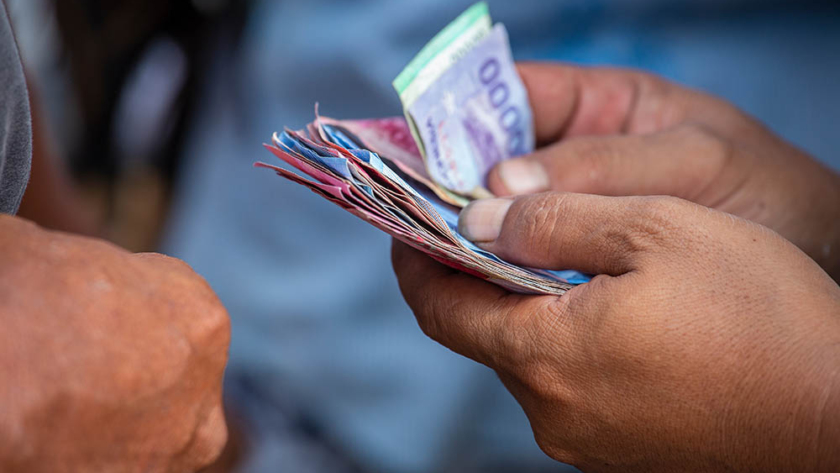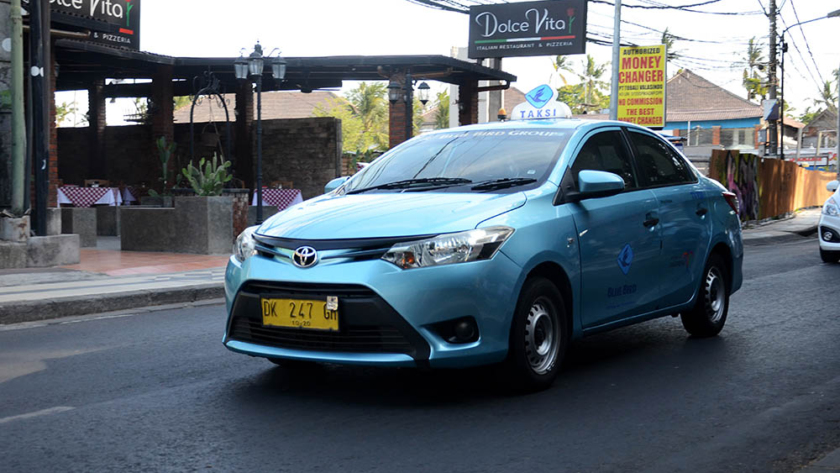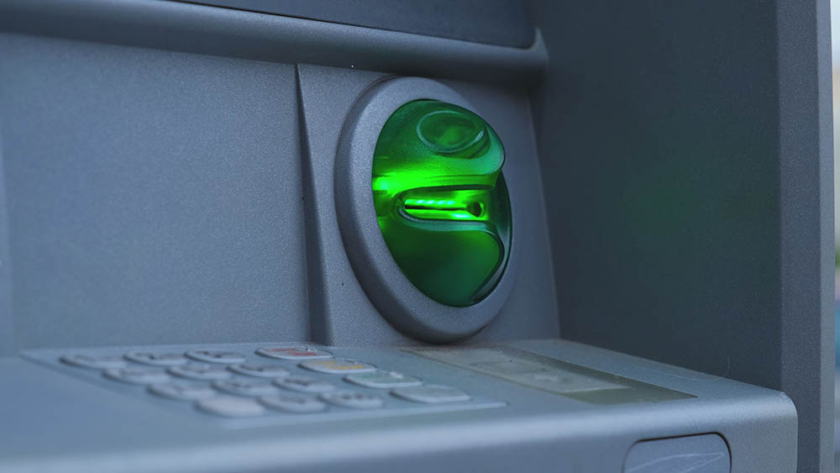Bali Scams to Avoid: 5 Common Tourist Traps and How to Stay Safe

Bali is one of the most popular tourist destinations in the world, attracting millions of visitors every year. The island offers a rich and diverse culture, stunning natural beauty, and a variety of activities and attractions. However, as with any popular destination, Bali also has its share of scams and tourist traps that can ruin your holiday experience. In this article, we will discuss 11 common scams in Bali and how to avoid them.
Money changer scams
 One of the most common scams in Bali involves money changers who offer amazing exchange rates and no commission fees. However, these money changers are often dishonest and use various tricks to shortchange you. Some of the tricks they use are:
One of the most common scams in Bali involves money changers who offer amazing exchange rates and no commission fees. However, these money changers are often dishonest and use various tricks to shortchange you. Some of the tricks they use are:
- Counting your money in front of you but dropping some bills behind the desk or hiding them under their fingers.
- Distracting you with small talk or fake phone calls while they switch your money with smaller denominations or counterfeit notes.
- Using calculators that show incorrect amounts or adding extra zeros to the exchange rate.
- Refusing to give you a receipt or changing the rate after you agree to it.
How to avoid this scam:
The best way to avoid this scam is to use reputable money changers that have clear signs, security cameras, and official rates. You can also use ATMs to withdraw cash, but be careful of skimming devices that can steal your card information. Always check your bank account after using an ATM and report any suspicious transactions. Alternatively, you can exchange your money at your hotel or at a bank, but be prepared to pay higher fees.
Taxi scams
 Another common scam in Bali involves taxis that overcharge you or take you to the wrong destination. Some of the taxi scams you may encounter are:
Another common scam in Bali involves taxis that overcharge you or take you to the wrong destination. Some of the taxi scams you may encounter are:
- Fake Blue Bird taxis that mimic the logo and color of the most reliable taxi company in Bali. These taxis often have tampered meters, no identification, or no license plates.
- Taxi drivers who refuse to use the meter or claim that it is broken. They may also charge you extra fees for luggage, tolls, or parking.
- Taxi drivers who take longer routes or drive around in circles to increase the fare. They may also pretend to be lost or take you to a different place than you requested.
- Taxi drivers who claim that they have no change or give you counterfeit notes as change.
How to avoid this scam
The best way to avoid this scam is to use the official Blue Bird taxis that have a blue bird logo on their roof, a blue bird sticker on their windshield, and a blue bird ID card on their dashboard. You can also book a Blue Bird taxi through their app or by calling their hotline. Always insist on using the meter and check the fare before paying. If possible, have small bills ready and ask for a receipt. You can also use ridesharing services such as Grab or Gojek, but be aware that they are banned in some areas and may face harassment from local taxi drivers.
Unnecessary guides
 Another common scam in Bali involves people who offer to be your guide or help you with something without being asked. Some of the situations where you may encounter these unnecessary guides are:
Another common scam in Bali involves people who offer to be your guide or help you with something without being asked. Some of the situations where you may encounter these unnecessary guides are:
- At temples or other tourist attractions where they claim to be official guides or staff members. They may offer to show you around, explain the history, or take your photos. They may also ask you to pay an entrance fee or a donation that is not required.
- At markets or shops where they claim to be your friend or relative of the owner. They may offer to help you find what you are looking for, negotiate the price, or give you a discount. They may also try to sell you something that is overpriced, low quality, or fake.
- On the street where they claim to be students, artists, or charity workers. They may offer to give you a free gift, a massage, a bracelet, or a painting. They may also ask you to sign a petition, donate money, or join a contest.
How to avoid this scam
The best way to avoid this scam is to politely decline any unsolicited offers of help or guidance. If you need a guide, hire one from a reputable agency or through your hotel. If you need information, ask at the official ticket office or information center. If you need assistance, ask someone who looks trustworthy or who works at a nearby establishment. Do not accept any free gifts or services and do not sign anything without reading it carefully.
Timeshare scams
 Another common scam in Bali involves timeshare schemes that promise you free gifts, vouchers, or discounts in exchange for attending a presentation. Some of the ways these timeshare scammers may approach you are:
Another common scam in Bali involves timeshare schemes that promise you free gifts, vouchers, or discounts in exchange for attending a presentation. Some of the ways these timeshare scammers may approach you are:
- On the street where they hand out scratch cards that claim you have won a prize. They may ask for your personal details and invite you to collect your prize at their office.
- At your hotel where they call your room or leave a message that claim you have won a lucky draw. They may ask you to come down to the lobby or meet them at a nearby location.
- At tourist attractions or restaurants where they approach you as fellow travelers or locals. They may strike up a conversation and offer you a free gift or a discount coupon.
How to avoid this scam
The best way to avoid this scam is to ignore any offers that sound too good to be true. Do not give out your personal details or agree to attend any presentations. If you do attend a presentation, do not sign anything or pay anything without doing your research. Be prepared to walk away if you feel pressured or uncomfortable.
ATM skimming
 Another common scam in Bali involves ATM skimming, which is the installation of illegal devices on ATM machines to capture users’ card details and PINs. These devices can be hard to spot, but there are some signs that can indicate a compromised ATM. Some of the tips to avoid ATM skimming are:
Another common scam in Bali involves ATM skimming, which is the installation of illegal devices on ATM machines to capture users’ card details and PINs. These devices can be hard to spot, but there are some signs that can indicate a compromised ATM. Some of the tips to avoid ATM skimming are:
- Use ATMs that are attached to a major bank branch or located at the airport. These are less likely to be tampered with than standalone ATMs or those in convenience stores.
- Check the card reader, the keypad, the audio jack, the receipt slot, and the cash dispenser for any signs of damage, looseness, or mismatch. These could indicate the presence of a skimming device or a cash trap.
- Look for hidden cameras that may be recording your PIN. These could be installed in brochure boxes, above the keypad, or on nearby objects.
- Use your hand to cover the keypad when entering your PIN. This can prevent cameras or fake keypads from capturing your PIN.
- Check your bank account regularly and report any suspicious transactions. If you notice any unauthorized withdrawals or charges, contact your bank immediately and cancel your card.
How to avoid this scam
For more information on how to spot an unsafe ATM and check for ATM skimmers, you can read this article or this article. You can also watch this video that shows how a skimming device works and how to avoid it.
Some forms of extortion

Another common scam in Bali involves people who try to extort money from you by threatening you, accusing you, or damaging your property. Some of the forms of extortion you may face are:
- Police officers who stop you for a minor traffic violation or for not having the correct documents. They may ask for a bribe or a fine that is much higher than the official rate.
- Locals who claim that you have damaged their motorbike, car, or scooter that you have rented. They may show you scratches, dents, or broken parts that were already there before you rented it. They may also have an accomplice who poses as a mechanic or a witness.
- Locals who claim that you have injured them, their family member, or their animal in an accident. They may show you fake injuries, fake medical bills, or fake police reports. They may also have an accomplice who poses as a doctor or a lawyer.
How to avoid this scam
The best way to avoid this scam is to be careful and vigilant when driving or walking in Bali. Always follow the traffic rules and have the correct documents with you. Before renting a motorbike, car, or scooter, inspect it carefully and take photos of any existing damage. Also, check the rental agreement and the insurance policy. If you are involved in an accident, call your embassy, your insurance company, or a trusted local contact. Do not admit any fault or pay any money without getting proper evidence and legal advice.
These are some of the most common scams in Bali that you should be aware of and avoid. However, do not let these scams deter you from enjoying your holiday in Bali. Bali is still a beautiful and friendly place with many wonderful things to see and do. Just be smart, cautious, and respectful and you will have a great time in Bali.



